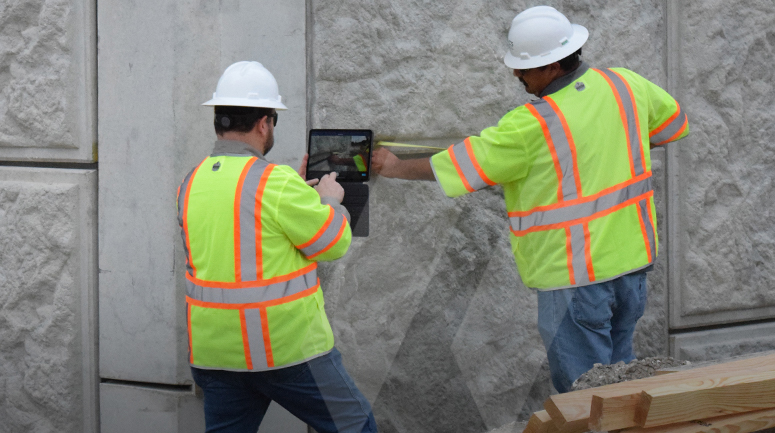Three Questions Program Managers Should Ask Before Project Implementation
| Gregory Cleveland

You won the contract. Congratulations! Now what? Once the assignment begins, most Project Managers understand the fast-paced environment of having a pre-construction meeting, responding to submittals and transmittals, and getting their staff up to speed on the project that’s about to take place. However, many miss the single most important aspect of implementing an infrastructure project. Before you even start construction, there are three basic questions you should ask and understand from your client as a consultant. Are there more questions you could ask? Absolutely, but you should at least understand the following before project implementation if you are to be successful at meeting the expectations of your client.
- Does your office have any unique procedures? You have heard the saying “When in Rome, do as the Romans do”. Whether your client is a large company with multiple smaller satellite offices or a client with only one main office, you should determine if they have any unique procedures that they will require you to follow. As an example, it’s not uncommon for a Department of Transportation (DOT) to have regional offices each having their own unique way of conducting business. Some of these unique procedures may take the form of required inspection processes, sampling and testing frequencies that go above and beyond the minimum requirements, or preferences on how documentation and records keeping must be managed. To be more successful as a Project Manager, I would encourage you to become familiar with their unique procedures.
- What is my authority for acceptance? With many Transportation DOT’s relying more and more on consultant managers, it’s important that you ask your client to clarify your authority for making acceptance decisions in the field. Many specifications allow Items of Work that are failing the specification requirements to be accepted as long as the Work meets the intent of the design and the reasoning behind the acceptance decision is well documented. Some refer to these decisions as Engineering Judgment. As an example, what is your authority as a consultant manager to accept concrete slump that fails the specification by only a quarter of an inch? What if this concrete slump failed by four inches? I would recommend that you have conversations on your authority with the client before fieldwork begins.
- Who is the best person to communicate with? We all know that lack of communication is the most common error that is made on infrastructure projects. How many times have you seen the mantra communication, communication, communication? Yet many managers fail to establish clear lines of communication on a project. Before project implementation, I would recommend meeting with your client and understanding their internal organizational chart and how they expect consultant teams to communicate, both written and verbal.
Do not let a lack of communication be the downfall of your team. Meet with your client early and clearly establish effective lines of communication before project implementation.
The biggest mistake that Project Managers make is to assume they know their client well enough to forego asking these questions. You must remember that every client office is different, they all have staff turnover, and many have their own set of expectations that must be thoroughly understood before project implementation begins.
At SAM, understanding and adapting to client processes and strong communications are key factors that drive our success. To learn more about our practices before and during project implementation, contact Greg Cleveland, P.E., CCM at 214-403-7064 or gcleveland@saminc.biz. For an overview on SAM’s full suite of services, click here.
Gregory Cleveland
Greg Cleveland joined SAM in 2014 and has 25 years of engineering, construction, and project management experience on traditional, design-build, and public-private partnership (P3) projects throughout Texas.
View Profile
